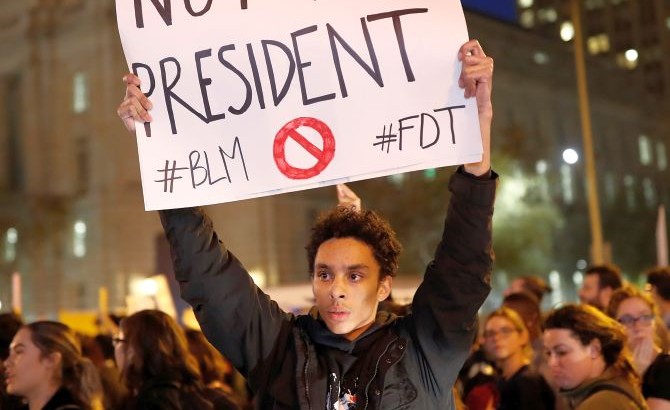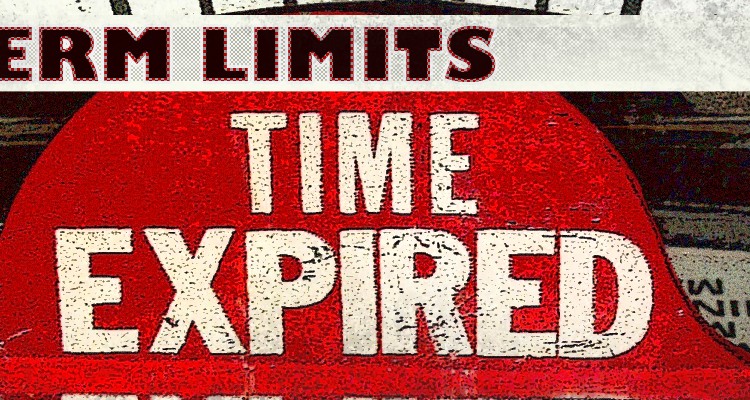“Congress shall make no law…abridging the freedom of speech, or of the press; or the right of the people peaceably to assemble, and to petition the Government for a redress of grievances.”
So reads the first amendment to our Constitution, guaranteeing us the right to speak without reprisal or restriction by the federal government. It is this right to which appeal is made by those protesting across our land to the election of Donald Trump to be our next President and of those in the so-called “Black Lives Matter” movement against alleged police brutality against black Americans.
But, is their appropriation of this part of the amendment correct? Yes, they have the guaranteed right to speak, but that right must be put into the context of the remainder of the amendment as well as the broader principle of “rights.”
All of our rights must be put into their proper perspective and hierarchy. For example, in regards to speech, you have the right to speak freely about someone else, but you do not have the right to libel and/or slander them so as to cause them harm. In the case of many of these protests, not only are they voicing their displeasure verbally, but they are also rioting and causing damage and destruction to the personal property of others. This is where their freedom of speech comes to a screeching halt as it violates the broader picture of the freedom and rights of others.
Furthermore, when put in context with the remainder of the amendment, they are even further off-base. In the exercising of their right to free speech, they are assembling into groups to voice their grievances. Yet, the amendment states that we are guaranteed the right to peaceably assemble, which by exclusion would mean we do not have the right to assemble and commit acts of anarchy as many of these “Trump” and BLM protesters are doing.
Second, the amendment guarantees the right to a “redress of grievances” from the government. Yet with the “Trump protesters” there is no grievance to be redressed. The government has done nothing for which a redress is warranted. The election was held per the guidelines contained within the Constitution, so there is no wrong, legally or constitutionally, to be absolved. As for both groups I have mentioned, if redress is to be sought, I would point them to the example of the approach described within our Declaration of Independence. In it Jefferson point-by-point, in a respectful manner, set forth the grievances the colonies had with King George III and in the end declared their wish to be independent of his rule. Such obviously resulted in the violence of war, but the intention behind the declaration was that a peaceful resolution to the separation of the colonies from England could be found.
With the right to the freedom of speech, as with all rights, comes responsibilities and limitations. Determination should first be made as to whether or not what you are protesting is indeed a grievance. Second, are the protests being made in a peaceable manner, and third, is the approach to resolving the grievance the legitimate way in which to express the it? These are the sober and constitutionally-minded questions that those protesting today need to ask themselves.
-November 25, 2016

